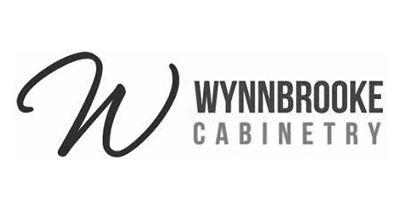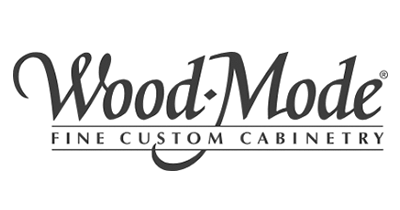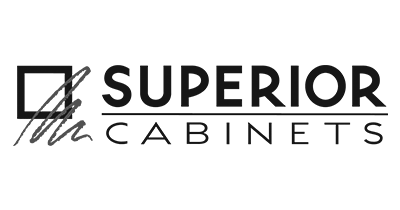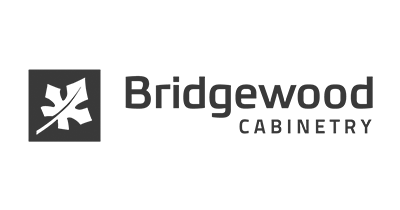Blog
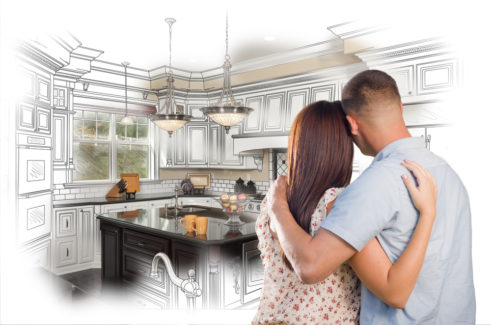
10 Steps to Getting the Kitchen of Your Dreams
1. Assess Your Needs
Involve family members and take the time to consider what matters most. Make a list of your main objectives. What do you hope to accomplish with the renovation?This will inform all your decisions on budget, style, products and more.
2. Establish a Budget
Be realistic about what you can invest and how to pay for it. Shop around to get a sense of product prices. Don’t forget to include about 17% for installation.
3. Find a Professional
A kitchen design professional can help you avoid many common pitfalls and also show you innovations that you might not have considered. A kitchen designer can also help you assess your priorities and help you get the best value for your investment.
4. Finalize Room Layout & Design
Make notes about how you use your current kitchen, what works, what causes frustration and what could just use a bit of improvement. Your kitchen professional will have ideas on flow and organization that will help you make the best use of the space.
5. Decide on a Look
Visit showrooms, attend home shows and look online. Collect images of what you like. This will help your designer get a good sense of your tastes and preferences.
6. Choose Products
From cabinets and countertops to lighting and hardware to flooring and tile and more you will have many choices to make. Your designer can help narrow down your options based on your priorities, budget and taste.
7. Plan for the Installation
Determine who will be responsible for finding, scheduling and supervising all the contractors and installers including the electricians, plumbers, tile contractors, carpenters and cabinet installers. Remove anything extraneous — dishes, decorations, food, personal items. Prepare a make-shift kitchen while yours is under construction.
8. The Remodel Takes Place
The actual remodel begins with demolition to remove everything that is being replaced. Any major construction happens next, followed by plumbing and electrical upgrades. Then the walls are closed and the new kitchen begins to take shape. During this phase, it is important to keep in mind that problems can occur that delay progress, particularly if something unexpected is uncovered. This is where your choice of a project manager becomes especially important. A good manager will be responsive to your questions and concerns, communicate updates regularly and offer solutions. Be patient!
9. Review Proper Care and Maintenance
Go over the finished kitchen thoroughly and address any imperfections with your contractor. Try out everything and be sure you understand how to use and take care of all your new surfaces and appliances.
10. Enjoy for Years to Come!

